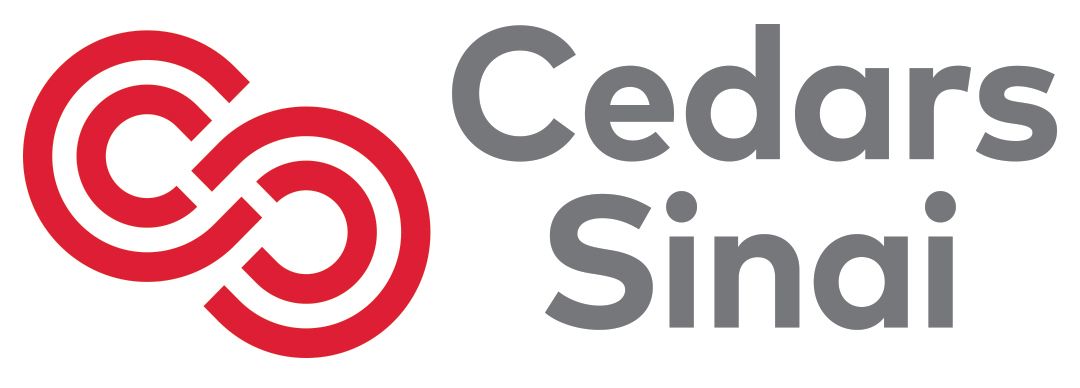
Figlin Discusses Optimizing Expanding Treatment Options in RCC

Robert A. Figlin, MD, discusses the expanding RCC armamentarium and balancing the benefits and risks of standard and emerging treatments to achieve optimal outcomes.
Robert A. Figlin, MD, FACP
As the future of renal cell carcinoma (RCC) treatment heads toward the combination of immune-oncology agents—such as nivolumab (Opdivo) and ipilimumab (Yervoy)—or the combination of targeted therapies with checkpoint inhibitors, balancing toxicity with predicted efficacious outcomes management remains a top concern for physicians, explains Robert A. Figlin, MD.
“Overall, immune-oncology approaches are safer, but the magnitude and the difficulty associated with the side effects can be quite severe,” said Figlin. “Oncologists need to be clinically aware and on top of the side effects before they cause problems.”
Some of these regimens having been moving through the pipeline. The FDA granted a priority review designation to a supplemental biologics license application for use of the combination of nivolumab and ipilimumab as a frontline treatment for intermediate- and poor-risk patients with advanced RCC in December 2017.
Other targeted therapy plus immunotherapy combinations were granted breakthrough designations by the FDA in RCC, including pembrolizumab (Keytruda) plus lenvatinib (Lenvima) for advanced or metastatic disease, and avelumab (Bavencio) with axitinib (Inlyta) for treatment-naïve patients in January 2018 and December 2017, respectively.
OncLive: What new agents have entered the treatment landscape in kidney cancer?
What does the safety profile look like with some of these agents?
How is intermittent dosing of sunitinib better versus continuous dosing of other agents in RCC?
In an interview during the 2018 OncLive® State of the Science Summit™ on Genitourinary Cancers, Figlin, director, Division of Hematology/Oncology, professor of biomedical sciences and medicine, Cedars-Sinai Medical Center, discussed the expanding RCC armamentarium and balancing the benefits and risks of standard and emerging treatments to achieve optimal outcomes.Figlin: Over the past decade and a half we have had tremendous progress in kidney cancer. Originally, there was the approval of high-dose interleukin-2 in 1992. Now, we have a whole series of agents targeting the VEGF-receptor pathway, such as sunitinib (Sutent), pazopanib (Votrient), cabozantinib (Cabometyx), and others. There are also commercially available agents targeting the mTOR pathway that are either replacing our [frontline] standard of care, such as cabozantinib, or are soon to replace our standard of care, such as the combination of ipilimumab and nivolumab. This…immuno-oncology approach to kidney cancer has resulted in improvements in progression-free survival (PFS), overall survival (OS), and the possibility of durable remissions. The agents we use in kidney cancer have pretty standard toxicity profiles, especially when they're inhibiting the VEGF pathway. They produce hypertension, hand-foot syndrome, fatigue, and some changes in endocrine function, such as hyperthyroidism. Over the past decade, doctors have come to understand how to manage the side effects and how to modify the treatments to maintain the effectiveness of the drugs.Sunitinib was approved by the FDA in 2006 for continuous dosing for 4 weeks on and 2 weeks off (4/2). Since then, we have realized through retrospective analyses, prospective studies, and personal experience that the 2-weeks-on/1-week-off (2/1) schedule is equally effective. It produces less toxicity and has indications of improved efficacy, because we are able to maintain patients on full doses for a longer period of time. In my practice, I start people on the 4/2 schedule. If they require changes as a result of toxicity, I quickly switch to the 2/1 schedule rather than dose reductions.
What does the future of kidney cancer look like?
What are the key elements to consider with treatment selection for relapsed/refractory patients? As genitourinary cancer experts, the key is to balance the benefits and the risks with the patient’s and family’s therapy goals. The longer the person can be maintained on close to full doses of therapy, the greater chance the person will have with improved PFS, OS, and potentially durable remissions. I'm looking for positive outcomes that balance their life with their treatment; this is with the understanding that the treatment is going to be chronic and continuous. Ultimately, we have to obtain the balance between the toxicity profile for that person and the benefits. We have the antiangiogenic agents with targeted therapy and checkpoint inhibitors, such as CTLA-4 inhibition and nivolumab. There is clear evidence that combinations are the future, specifically the combination of checkpoint inhibitors with targeted agents. Whether this is avelumab and a targeted agent, atezolizumab (Tecentriq) plus a targeted agent, or pembrolizumab and a targeted agent has yet to be seen.
What advice would you like to offer community oncologists?
Data suggest that response rates are going up. We hope that some of them are durable. The big unanswered question in kidney cancer is how to combine immuno-oncology and targeted agents to deliver the best outcome. There are a variety of immuno-oncology drugs and targeted agents. We’ll have to wait and see how these combinations compare with combination immuno-oncology drugs, such as ipilimumab and nivolumab, which we hope will soon be FDA approved.Because the field is changing so quickly, it’s difficult to stay up to date on the literature. Try to read as much as you can and obtain evidence-based information. Use your local experts to obtain consultations so they can advise you how to proceed on choice of regimen, management of toxicity, or dose maintenance. Recognize that your patients are probably using the internet. They're obtaining information from around the country and around the world. Tap into those continuing medical education—related activities to obtain information that will give you the latest choices that are available for your patients.




































